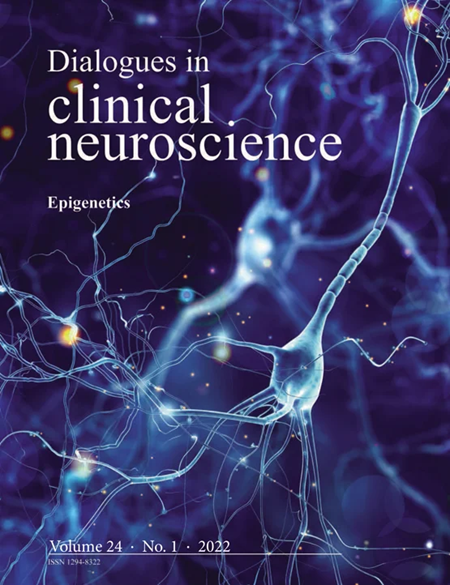Cognition and addiction
IF 8.3
2区 医学
Q1 Medicine
引用次数: 35
Abstract
In this targeted review, we summarize current knowledge on substance-use disorder (SUD)-related cognitive deficits, the link between these deficits and clinical outcomes, and the cognitive training, remediation, and pharmacological approaches that have the potential to rescue cognition. We conclude that: (i) people with SUDs have moderate deficits in memory, attention, executive functions, and decision-making (including reward expectancy, valuation, and learning); (ii) deficits in higher-order executive functions and decision-making are significant predictors of relapse; (iii) cognitive training programs targeting reward-related appetitive biases, cognitive remediation strategies targeting goal-based decision-making, and pharmacotherapies targeting memory, attention, and impulsivity have potential to rescue SUD-related cognitive deficits. We suggest avenues for future research, including developing brief, clinically oriented harmonized cognitive testing suites to improve individualized prediction of treatment outcomes; computational modeling that can achieve deep phenotyping of cognitive subtypes likely to respond to different interventions; and phenotype-targeted cognitive, pharmacological, and combined interventions. We conclude with a tentative model of neuroscience-informed precision medicine.认知与成瘾
在这篇有针对性的综述中,我们总结了目前关于物质使用障碍(SUD)相关认知缺陷的知识,这些缺陷与临床结果之间的联系,以及有可能拯救认知的认知训练、补救和药物方法。我们的结论是:(i)患有sud的人在记忆、注意力、执行功能和决策(包括奖励预期、评估和学习)方面存在中度缺陷;(ii)高阶执行功能和决策缺陷是复发的重要预测因素;(iii)针对奖励相关的食欲偏差的认知训练计划,针对基于目标的决策的认知补救策略,以及针对记忆、注意力和冲动的药物治疗都有可能挽救与sud相关的认知缺陷。我们提出了未来研究的途径,包括开发简短的、临床导向的统一认知测试套件,以提高治疗结果的个性化预测;计算模型可以实现对不同干预措施可能作出反应的认知亚型的深度表型;以及以表型为目标的认知、药理学和综合干预。我们以神经科学为基础的精准医学的初步模型作为结论。
本文章由计算机程序翻译,如有差异,请以英文原文为准。
求助全文
约1分钟内获得全文
求助全文
来源期刊

Dialogues in Clinical Neuroscience
Medicine-Psychiatry and Mental Health
CiteScore
19.30
自引率
1.20%
发文量
1
期刊介绍:
Dialogues in Clinical Neuroscience (DCNS) endeavors to bridge the gap between clinical neuropsychiatry and the neurosciences by offering state-of-the-art information and original insights into pertinent clinical, biological, and therapeutic aspects. As an open access journal, DCNS ensures accessibility to its content for all interested parties. Each issue is curated to include expert reviews, original articles, and brief reports, carefully selected to offer a comprehensive understanding of the evolving landscape in clinical neuroscience. Join us in advancing knowledge and fostering dialogue in this dynamic field.
 求助内容:
求助内容: 应助结果提醒方式:
应助结果提醒方式:


